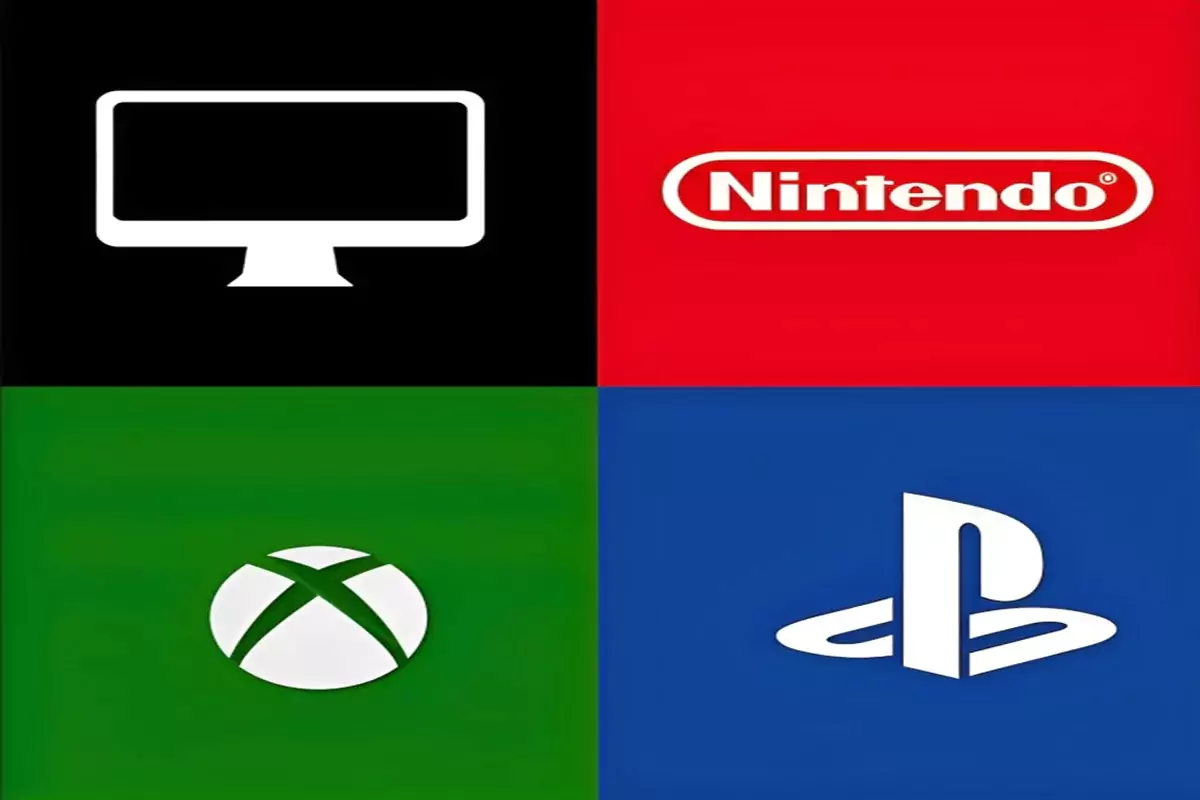The gaming console market is a thriving industry that has witnessed significant growth in recent years
According to SNS Insider reports, valued at $22.9 billion in 2022, the global gaming console market is set to climb to $34 billion by 2030, representing a 5.1% CAGR.
This trajectory persists even against the backdrop of broader economic recessionary signals across major regions.
This growth is fueled by several factors, including the increasing popularity of gaming, the advancement of technology, and the rising disposable income of consumers.
Let’s navigate into the dynamic landscape of the Gaming Console Market and an analysis of the SNS Insider report.
Market Overview
The gaming console market is projected to reach a staggering value of USD 34.09 billion by 2030, expanding at a CAGR of 5.1% over the forecast period. This growth is fueled by several factors, including:
- Rising Disposable Incomes: As disposable incomes increase, consumers are more likely to invest in leisure activities, including gaming consoles.
- Technological Advancements: Continuous advancements in graphics processing units (GPUs), virtual reality (VR), and augmented reality (AR) are enhancing the gaming experience, driving demand for more powerful consoles.
- Evolving Gaming Landscape: The rise of esports and the popularity of online multiplayer gaming are contributing to the growth of the gaming console market.
Key Market Drivers
- Growing Preference for Home Consoles: Home consoles are becoming increasingly popular, offering a more immersive and powerful gaming experience compared to handheld consoles.
- Strong Demand for Video Game Consoles: The demand for video game consoles is driven by the release of new and exciting games, the increasing popularity of online gaming, and the growing adoption of VR and AR technologies.
- Multifunctional Consoles: The growing popularity of multifunctional consoles, which combine gaming with other entertainment features, is also driving market growth.
Market Restraints
- High Cost: Gaming consoles can be expensive, especially for high-end models, which may deter some consumers from purchasing them.
- Professional Shortage: The gaming console industry faces a shortage of skilled professionals, particularly in software development and game design.
Emerging Trends
Several emerging trends are shaping the future of the gaming console market:
- Cloud Gaming: Cloud gaming is revolutionizing the way people play games, allowing them to access high-end titles without the need for powerful hardware. This trend is expected to further boost the popularity of gaming consoles, as they become gateways to cloud-based gaming services.
- VR and AR Integration: VR and AR are poised to transform the gaming experience, providing even more immersive and interactive gameplay. Gaming consoles are increasingly incorporating VR and AR capabilities, offering players a glimpse into the future of gaming.
- Social Gaming Features: Social gaming features are becoming increasingly popular, allowing players to connect and interact with each other online. Gaming consoles are integrating these features, enhancing the overall gaming experience.
Market Challenges
- Piracy: The availability of pirated games can undermine the sales of legitimate game consoles and software.
- Cybersecurity Threats: The increasing sophistication of cybersecurity threats poses a challenge to gaming console manufacturers, as they must ensure that their devices are secure from cyberattacks.
Impact of External Factors
- Russian-Ukraine War: The war in Ukraine has disrupted supply chains and increased the cost of raw materials, which could impact the production of gaming consoles.
- Ongoing Recession: Post-pandemic era feeling the hit way of a global recession that could lead to decreased consumer spending, which could negatively impact the gaming console market.
Market Segmentation
The gaming console market can be segmented based on type, interface, and application:
Type:
- Home Console
- Handheld Console
- Hybrid Console
Interface:
- Residential
- Commercial
Application:
- Gaming
- Non-Gaming
Regional Analysis
The gaming console market is dominated by North America and Europe, but Asia Pacific is the fastest-growing region due to the rising disposable incomes and increasing popularity of gaming among the younger generation.
- North America
- Europe
- Asia Pacific
- Middle East & Africa
- Latin America
Key Players
The major players in the gaming console market include:
- Sony Corporation (Japan)
- Microsoft (U.S.)
- Nintendo (Japan)
- Logitech (Switzerland)
- Valve Corporation (U.S.)
- NVIDIA Corporation (U.S.)
- PlayJam (UK)
- BlueStacks (U.S.)
- Sega (Japan)
- Atari Inc., (U.S.)
Recent Developments
- Sony PlayStation 5: Sony launched its PlayStation 5 gaming console in China in April 2021.
- Valve Steam Deck: Valve introduced the Steam Deck, a new mobile gaming device, in July 2021.
- Ubisoft+ on PlayStation: Ubisoft announced the addition of Ubisoft+ to PlayStation in May 2022.
- NVIDIA Omniverse: NVIDIA launched Omniverse for developers in March 2022.
Conclusion
The gaming console market is poised for continued growth in the coming years, driven by technological advancements, evolving consumer preferences, and emerging trends.
As gaming consoles become more versatile, accessible, and immersive, they will continue to captivate the imaginations of individuals worldwide.
Stay updated with Gaming Foodle for more technical analysis of trends and driving factors of gaming markets.
Check the full report on the official website: SNS Insider
Discover more from Gaming Foodle
Subscribe to get the latest posts sent to your email.

